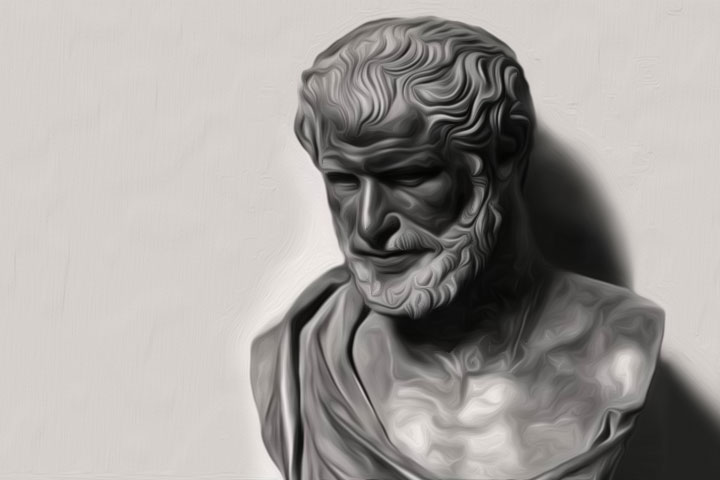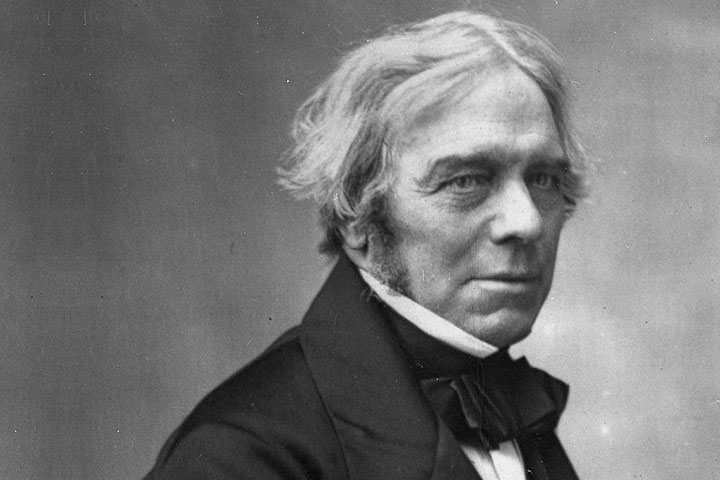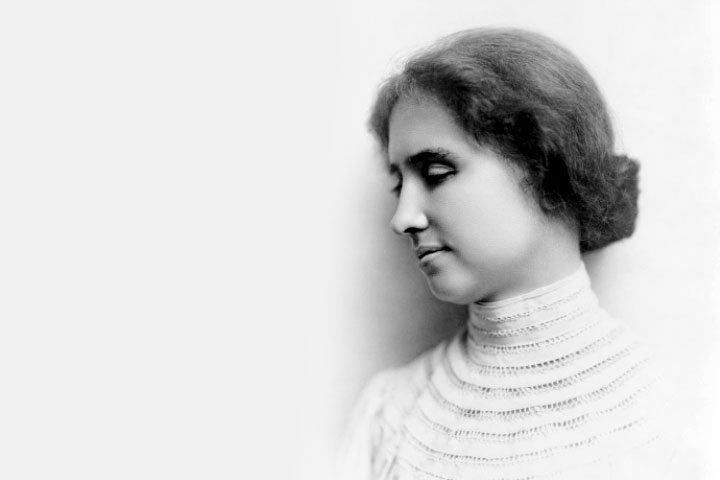
Introduction
“If being is many, it must be both like and unlike, and this is impossible, for neither can the like be unlike, nor the unlike like,” said Zeno of Elea. His words pose a conundrum for modern thinkers to date who are attempting to decrypt his words that can only be described as paradox.
Though Zeno’s contribution to the world of paradox is limited since he merely propagated the teachings of his master Parmenides, his works continues to be debated to date. Later thinkers including Bertrand Russell, credit him as being the father of ‘logic’ despite this being a disputable distinction. Parmenides was the first to postulate on logic while Zeno of Elea, his successor, was mainly responsible for developing on this theory of thought and popularizing it across Greece.

Birth
Zeno was born in Elea, now in Italy, in 490BC. Details about his life are mired in obscurity. The only details available are from works of great Hellenic thinkers including Plato and Aristotle. While Plato accuses him of being a mere propagator of his teacher’s works, Aristotle describes him as the inventor of dialectics or the skill or techniques of logical discussions, to verify beyond doubt, a theory or opinion.
Chronicler Diogenes Laertius describes Zeno of Elea as the son of a layman Teleutagoras, who was adopted by Parmenides.
Life
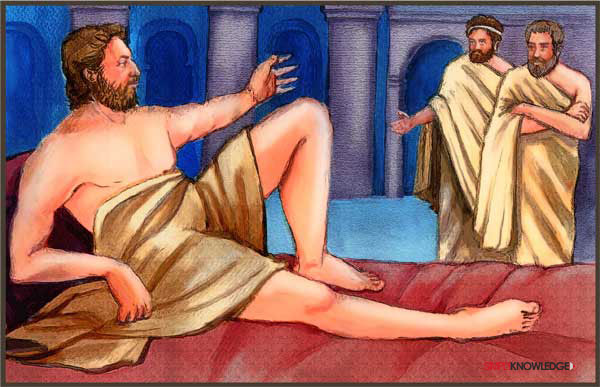
Details about Zeno of Elea’s life are not well chronicled and historian Diogenes Laertius’ descriptions about this thinker are at best, sketchy and unreliable. He was a student of Parmenides from a very young age, possibly early teens. Plato, in his narration of Socrates’ meeting with Parmenides says Zeno was "tall and fair in appearance.” Diogenes claims that Zeno worked for a Roman tyrant, Demylus, who reigned over Elea. His master Parmenides had tutored Zeno well to argue from all angles of any question and become what is described nowadays as a ‘Universal Critic’.
Zeno was invited for a dialogue and debate on his theories by Demylus. The debate commenced amicably but soon evolved into a heated argument, much to the consternation of Demylus, who threatened Zeno with dire consequences. Not to be outmatched, Zeno attempted to assassinate Demylus. The attempt was botched with Zeno being arrested. As revenge, he bit his own tongue and spat on the tyrant’s face, as his last act of defiance. He was probably executed by Demylus for his quixotic affront. Some records of this encounter are recorded by historian Plutarch. Despite, they are ambiguous.

Works
Zeno’s best known contribution to psychology is his art of questioning the basis of knowledge, albeit in a constructive manner, to learn about the extent of ignorance: which Socrates was to later elaborate upon.
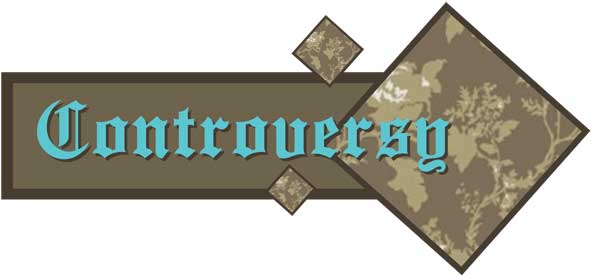
Controversy
Several later Greek thinkers and modern day psychologists accuse Zeno for plagiarising the works of his master, Parmenides. Since most writings of the two are lost to eternity, it is extremely difficult to distinguish between their teachings.
Next Biography










